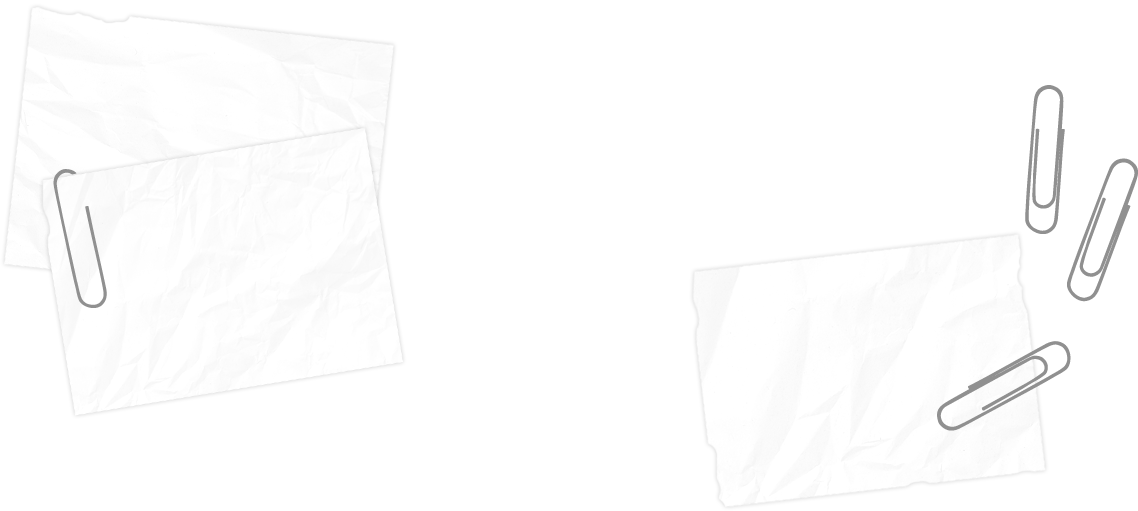
SYLLABUS
UWRT 1103

As described by the publisher, Who Says? The Writier's Research is "written for today's college students, Who Says? The Writer's Research addresses contemporary research issues head on, including research in the age of collaborative information sites like Wikipedia. Authors Deborah H. Holdstein and Danielle Aquiline prompt students to think critically about matters of ownership and authority in order to show them how to find and incorporate credible sources in their writing. By teaching them how to synthesize their own ideas with the ideas of others, this text allows students to develop confident and compelling voices as writers."
Class Materials
THE TEXTBOOK: Who Says? The Writer's Research
"If you don't have the time to read, you don't have the time (or the tools) to write. Simple as that."
Stephen King
DAILY WRITING AND DAYBOOKS
LAPTOPS AND TECHNOLOGY
We will be relying heavily on laptop use in the classroom during the semester. Make sure that you have a reliable laptop that is readily accessible and charged. Please note that you can check out laptops from the library free of charge. There are many days where a laptop will be necessary for you to participate in class.
You should have daily access to Moodle and your campus email. Much of our work relies on discussion forums and materials available on Moodle. You must be able to get to the Moodle site at least once a day. I make daily changes to Moodle and send out class messages. You will also be creating a website through Wix and you will be creating an account through their website.
You will be expected to back up all of your own writing with a different file for each stage of drafting. Please dedicate a flash drive to this class only. You will need access to all different drafts of your essays. Please save as Rough Draft, Revised Draft, Final Draft with the assignment title.
You will be creating an e-portfolio for this class, so keeping materials organized is necessary. Although we will be creating e-portfolios as online websites, you should keep your drafts as well as class work organized in a way that will make later access understandable. Your portfolio will not only be an archive of your classwork, but rather a rhetorical reading or analysis of the connections that you have made in class, what you have learned about yourself as a writer, and how you see writing in general.
We will be using a writing notebook or journal as part of our daily classwork. You will be expected to bring the notebook with you to every class—a laptop or tablet will not work as a substitute unless you have permission from the Disabilities Resource Center. There is much research out there that explains the benefits from a tangible experience with writing. Therefore, we will divide our classtime between the tangible and the digital.
Consider your daybook the place where you do your thinking and your writing in a private space. Much of the writing that we do in this class will be public, but I believe that there should also be a place where you can get your ideas out just as they are. Therefore, your daybook will be a place where you write without editing and without revision. It will be an outward manifestation of your inward thinking process.
You can also think of your daybook as a junk drawer or kitchen sink of sorts--you will keep handouts, notes, brainstorms, group work, and invention work all in one place. There will be time every class that is devoted to daybook writing--bring it everyday.
I promise to make your writing in the daybook usable and worthwhile. You must promise to allow yourself to take risks, be honest, and have an opinion. Use your daybook as a way to figure out what you are thinking for your inquiry project and as a research notebook.






"Perfectionism is the voice of the oppressor, the enemy of the people. It will keep you cramped and insane your whole life.”
Anne Lamott
